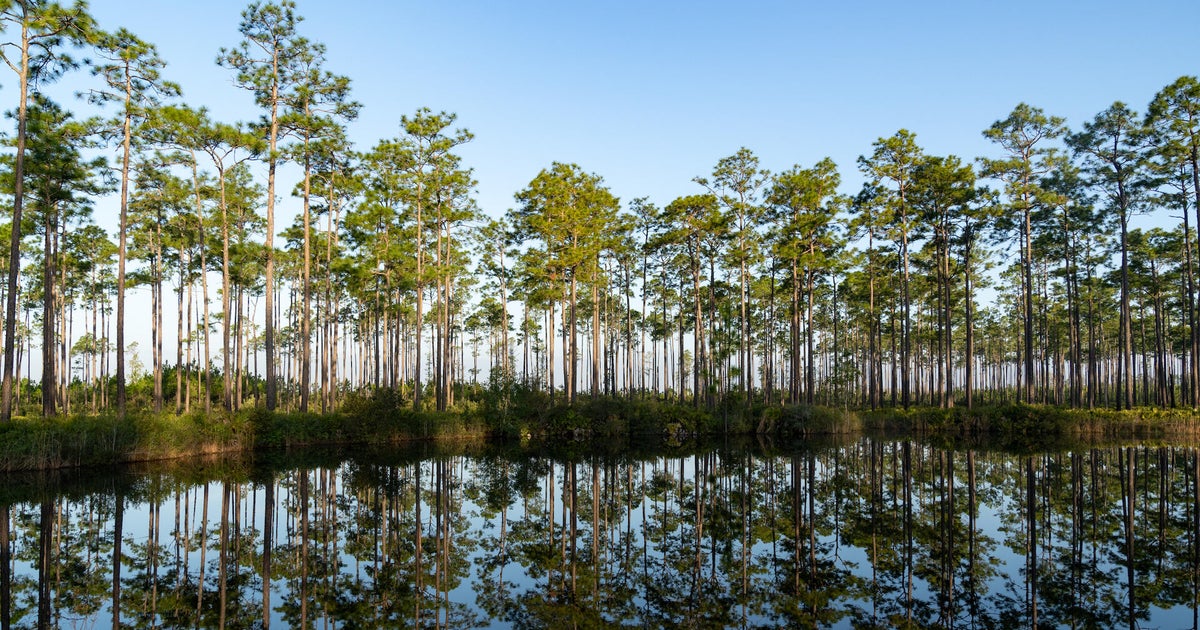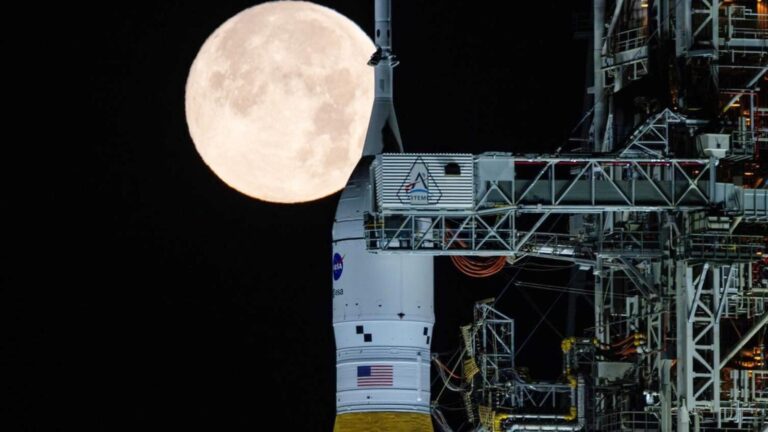
Josh Howard has been visiting Georgia’s Okefenokee Swamp for 50 years. His journey began with his grandfather taking him there, and now he brings his own children. Having spent so much time in the swamp, Howard knows just about every inch of this vast wilderness.
“We spent many-a-nights out in the swamp,” Howard said. “Some of my best memories have been out here.”
At nearly 700 unspoiled square miles, the Okefenokee Swamp is larger than entire cities like Nashville or Phoenix. It is home to more than 1,000 species of plants and wildlife, including cottonmouth snakes, turtles, and red-cockaded woodpeckers—a species once endangered.
“You hear the sandhill cranes bugling out on the marshes, and that’s what wakes you up,” Howard said. When one of the 15,000 alligators glides through, all the animals clear out, showcasing the swamp’s vibrant ecosystem.
However, in 2019, naturalists raised alarms when a mineral company owning land just three miles away sought permits to mine zirconium and titanium near the swamp. This put the delicate environment at risk.
Josh Howard, a Republican from deeply conservative rural Georgia, became an unlikely environmental advocate. He testified at the state Legislature, expressing his concerns.
“What we’re trying to mine for, it’ll make a few people a little richer, but it could potentially ruin something that is, I believe, good for humanity,” Howard told CBS News. “You can call me a tree hugger if you want to. There’s some things you just got to stand up for, and I don’t see this as a political issue.”
Rhett Jackson, a hydrologist at the University of Georgia, reviewed the mining company’s proposal to pump more than a million gallons of water per day from the ground near the swamp. His analysis found that the project would increase severe drought conditions from occurring 3% of the time to 9.5%.
“There have been four major fires that came out of the swamp since the 1950s,” Jackson explained. “Two of those fires were in 2011 and 2017.”
Despite these concerns, the mining company continued to push forward, insisting that the mine would not harm the swamp. Just as it seemed the mine would be approved, a nonprofit organization called The Conservation Fund intervened.
In June, The Conservation Fund paid $60 million to purchase the mining company’s land, effectively stopping the project and protecting the swamp from immediate threat.
Although Howard no longer worries about the swamp on a daily basis, he acknowledges the fight isn’t over. Other private, mineral-rich lands nearby still face potential mining risks.
“Everywhere you look, there’s just life,” Howard said, reflecting on the beauty and importance of preserving the Okefenokee Swamp for generations to come.
https://www.cbsnews.com/news/georgia-okefenokee-swamp-mining/




